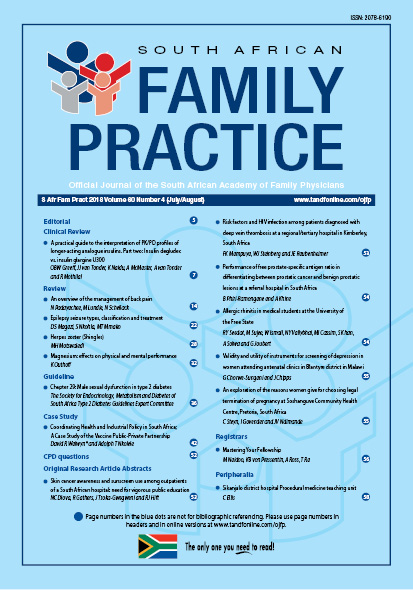Coordinating Health and Industrial Policy in South Africa; A Case Study of the Vaccine Public-Private Partnership
Keywords:
Vaccines, Public Private Partnership, Cost-Benefit Analysis, Local Manufacture, Health Security
Abstract
Established in 2003 as a Public-Private Partnership (PPP) covering vaccine research and development, manufacturing and supply, the Biovac Institute has grown from an initial base of 24 staff and a revenue of R188 million to an organisation of 250 people and an annual revenue of R1.8 billion (as of January 2018). The institute earns a premium on the procurement cost of a broad range of vaccines required by the National Department of Health (NDoH), the net value of which reached R1.14 billion over the period 2010–2014 and was used to finance the institute’s operations, including vaccine distribution and quality control. In this study, we have evaluated the value-for-money of the partnership within a context of tension between health and industrial policy. According to the respondents in the qualitative survey, its principal benefit has been the uninterrupted supply of vaccine and the ability to respond quickly to vaccine shortages. The main disadvantages appear to have been the slow establishment of vaccine manufacturing, and initially a limited ability to negotiate highly competitive vaccine prices. Overall, it is concluded that the institute has delivered value-for-money and met the objectives of both industrial and health policy. However, the experience appears not to have convinced the NDoH of the value of such initiatives.
Published
2018-08-02
Section
Case studies
By submitting manuscripts to SAFP, authors of original articles are assigning copyright to the South African Academy of Family Physicians. Copyright of review articles are assigned to the Publisher, Medpharm Publications (Pty) Ltd, unless otherwise specified. Authors may use their own work after publication without written permission, provided they acknowledge the original source. Individuals and academic institutions may freely copy and distribute articles published in SAFP for educational and research purposes without obtaining permission.

